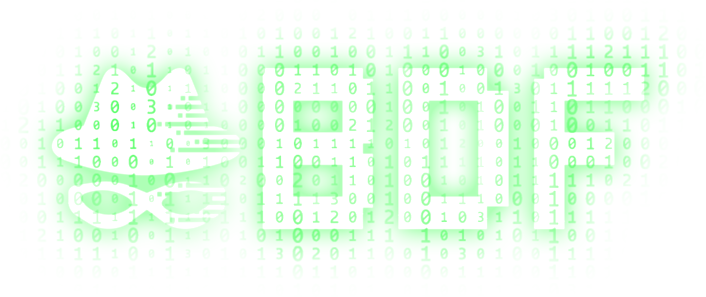- Регистрация
- 21.07.20
- Сообщения
- 40.408
- Реакции
- 1
- Репутация
- 0
Aragon co-founder Luis Cuende told Cointelegraph that the decentralized technology his company has been developing could find its perfect use case on social media platforms like Facebook and Twitter.
In recent months, content moderation practices employed by global social media platforms have been criticized by people across the political spectrum. Libertarian-leaning constituencies tend to criticize them for essentially instituting politically correct censorship while the liberals contend that they are not doing enough to filter offensive content. To this point, yesterday, the FBI charged six individuals with a plot to kidnap the governor of Michigan, Gretchen Whitmer. It has since been reported that the accused allegedly coordinated their actions via a private Facebook group.
Jack Dorsey has indicated previously that blockchain technology will be a game-changer for the Internet, with Twitter being no exception. He is also a vocal advocate of decentralized technology in general; yesterday, his other venture, Square, announced the purchase of $50 million worth of Bitcoin (BTC).
Aragon provides a technology stack for decentralized autonomous organizations, or DAOs. Some of the better-known DeFi projects that use Aragon’s technology are AAVE, Curve, and mStable. It also provides a framework for a virtual court, where contestants have to stake some amount of crypto and then submit to the decision of the decentralized jurors.
Just like with a regular court system, the losing party can appeal to the higher court (in Aragon's case, with more jurors) and eventually take their case to what Cuende dubs the “Supreme Court”, where the entire network gets to vote. It should be noted that Aragon Court is still in beta and participants have only settled a few basic cases thus far.
Cuende believes that the moderation woes experienced by social media platforms present a perfect use case for Aragon’s technology once the tech matures. In his view, the polarization around this phenomenon arises from the fact that one party (Twitter) controls the outcome, which constitutes censorship, whereas if it were left to the community, the results would be more like moderation:
Cuende said that he has not reached out to Dorsey yet, but will likely do it in the near future:
In recent months, content moderation practices employed by global social media platforms have been criticized by people across the political spectrum. Libertarian-leaning constituencies tend to criticize them for essentially instituting politically correct censorship while the liberals contend that they are not doing enough to filter offensive content. To this point, yesterday, the FBI charged six individuals with a plot to kidnap the governor of Michigan, Gretchen Whitmer. It has since been reported that the accused allegedly coordinated their actions via a private Facebook group.
Jack Dorsey has indicated previously that blockchain technology will be a game-changer for the Internet, with Twitter being no exception. He is also a vocal advocate of decentralized technology in general; yesterday, his other venture, Square, announced the purchase of $50 million worth of Bitcoin (BTC).
Aragon provides a technology stack for decentralized autonomous organizations, or DAOs. Some of the better-known DeFi projects that use Aragon’s technology are AAVE, Curve, and mStable. It also provides a framework for a virtual court, where contestants have to stake some amount of crypto and then submit to the decision of the decentralized jurors.
Just like with a regular court system, the losing party can appeal to the higher court (in Aragon's case, with more jurors) and eventually take their case to what Cuende dubs the “Supreme Court”, where the entire network gets to vote. It should be noted that Aragon Court is still in beta and participants have only settled a few basic cases thus far.
Cuende believes that the moderation woes experienced by social media platforms present a perfect use case for Aragon’s technology once the tech matures. In his view, the polarization around this phenomenon arises from the fact that one party (Twitter) controls the outcome, which constitutes censorship, whereas if it were left to the community, the results would be more like moderation:
“I think censorship is when the rules are defined by one party, moderation is when there's a consensus on the rules. So otherwise, I think if Twitter and Facebook were actually governed by its users in some way that feels fair to everyone, then we could collectively decide on the rules. We could collectively decide on what to do and what not, and we could push that forward. And that can be implemented today, the technology is there.”
Cuende said that he has not reached out to Dorsey yet, but will likely do it in the near future:
“I think it's kind of like maybe too early for that, but I think it's a matter of time.”

